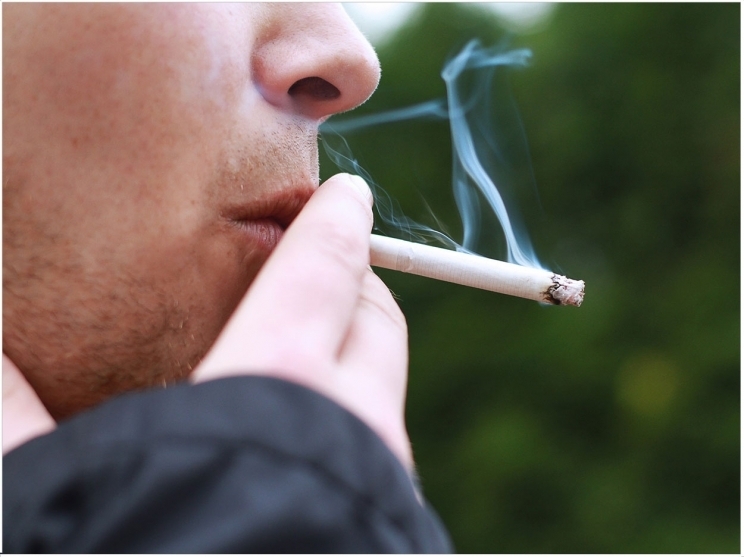
The Canadian Dental Hygienists Association (CDHA) will mark National Non-Smoking Week, January 17 through January 23, by urging all Canadians to stop tobacco use for better oral and overall health.
Tobacco use has long been recognized as a risk factor for heart disease, stroke, and lung and oral cancer. But many people may not realize that, because the harmful chemicals in tobacco products pass through the oral cavity, their effects are seen firsthand by dental hygienists, CDHA said.
“Tobacco use not only leads to staining of the teeth and bad breath, but it can also cause dry mouth and mouth sores and alter taste and smell, which can reduce overall quality of life,” said CDHA president Tiffany Ludwicki.
“We also know that nicotine, found in cigarettes, other tobacco products, and vaping devices, acts as a vasoconstrictor, reducing blood flow to the gums,” said Ludwicki. “As a result, users of those products have an increased risk of gingival disease and tooth loss.”
Dental hygienists are essential primary healthcare providers who specialize in identifying and preventing oral health problems and diseases, the CDHA said. At every dental hygiene appointment, they examine the mouth, head, and neck, screen for oral cancer, and offer oral hygiene instructions and behavior modification strategies to promote healthy living, the CDHA said.
“Dental hygienists play a critical role in screening for oral cancers, making referrals when necessary, and in educating all Canadians on the importance of maintaining a nicotine-free lifestyle,” Ludwicki said.
By encouraging healthy life choices and working with clients to develop a good oral care plan, dental hygienists help to ensure optimal overall health throughout the lifespan, the CDHA said.
“Educating clients about the harmful effects of tobacco can be a powerful motivator for change and may ultimately save lives,” said Ludwicki.
Related Articles
Artificial Intelligence Could Help Doctors Better Predict Oral Cancer
Alcohol, Tobacco, and Caffeine Increase Cytokine Levels in Saliva
Grants to Support Research into Smoking’s Impact on Oral Health











